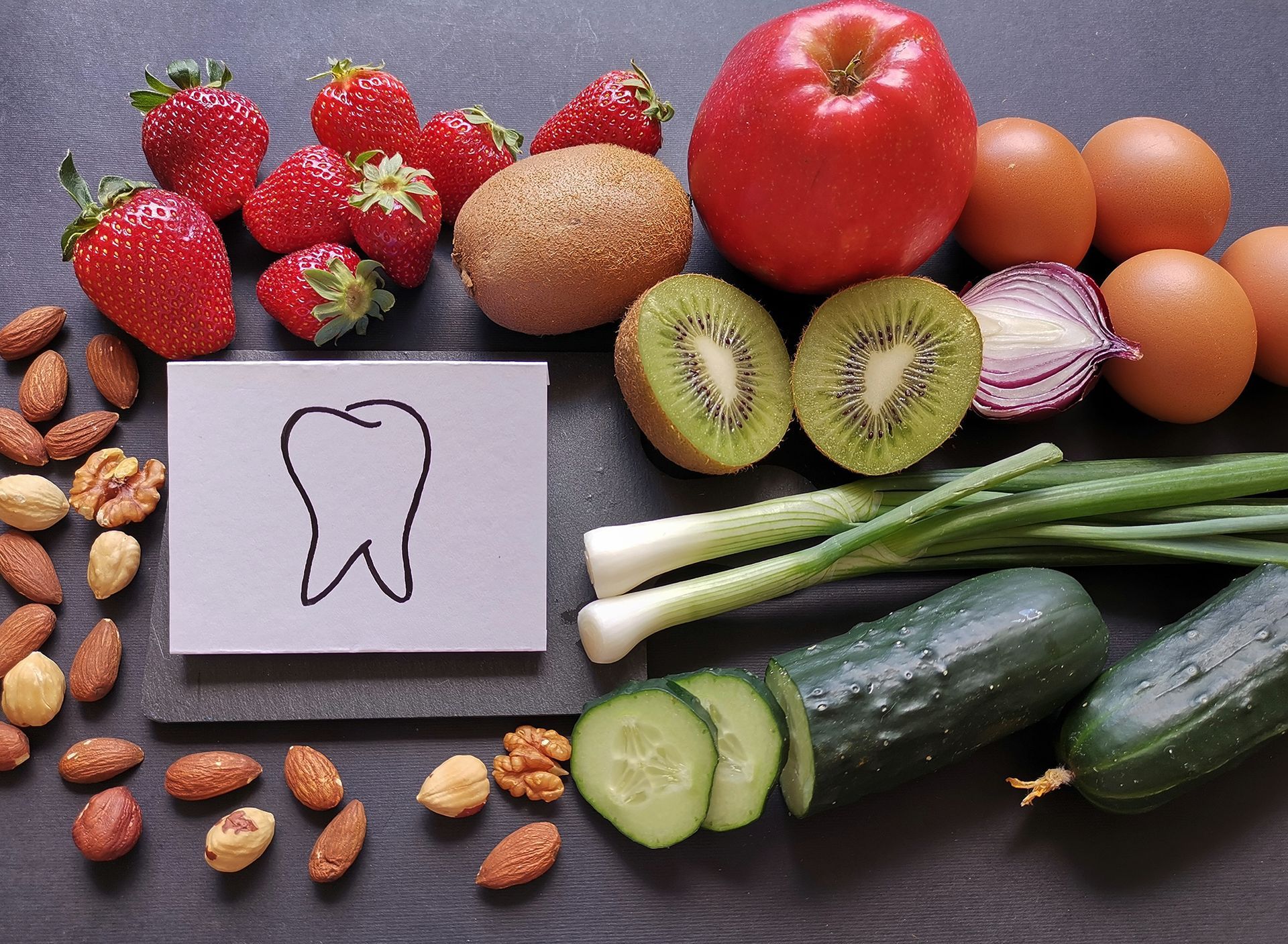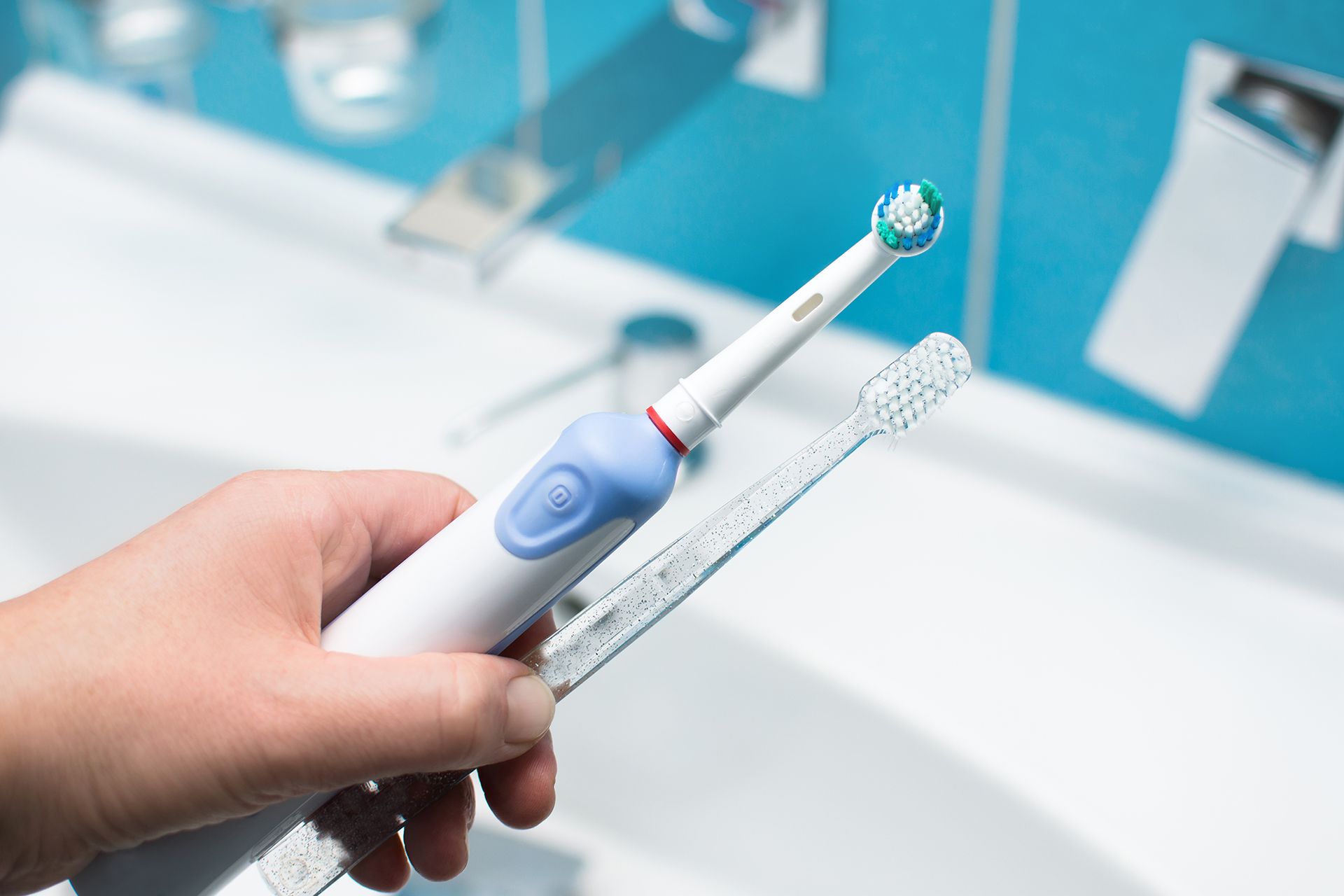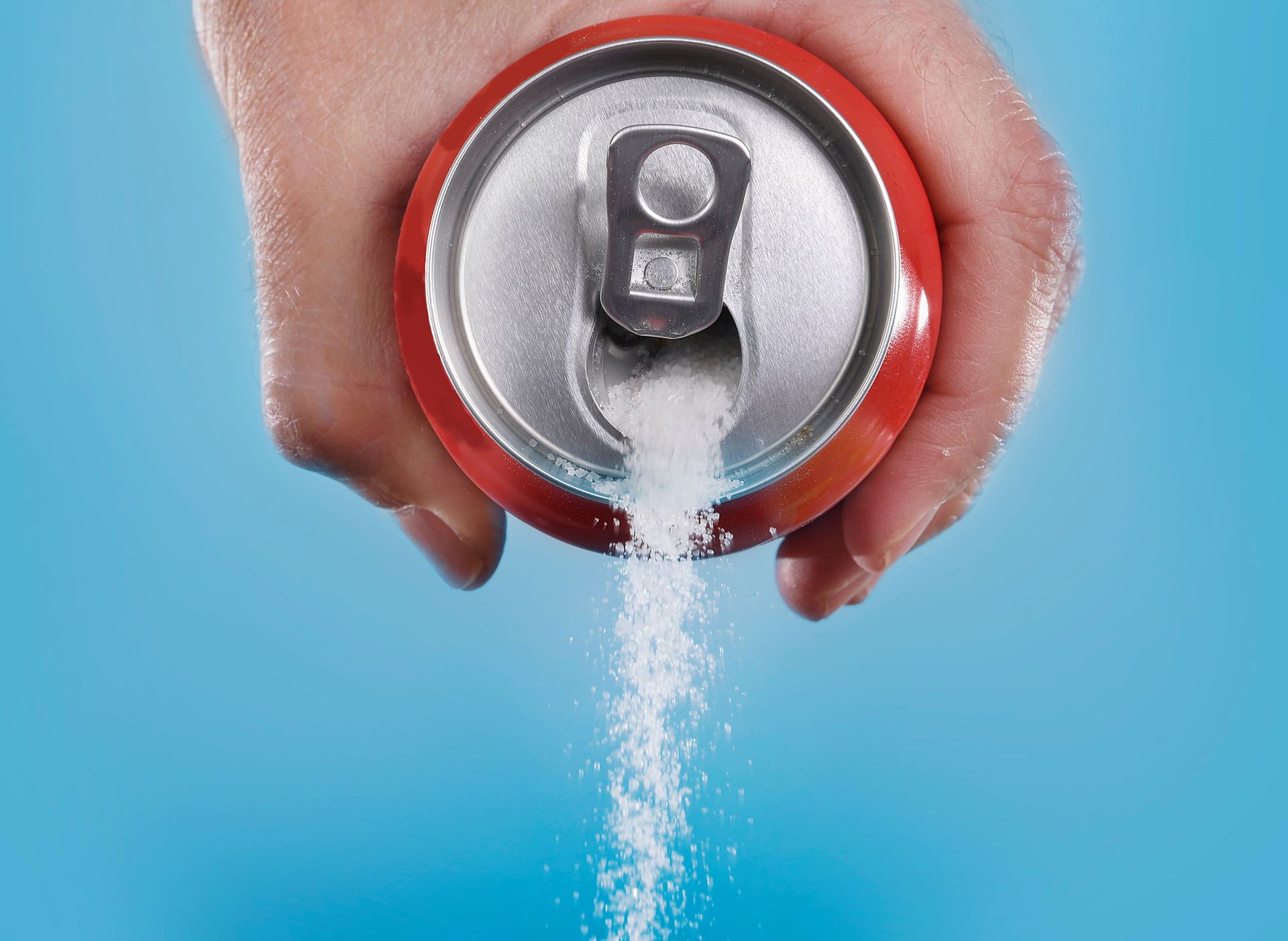
Oral Care When Sick
Cold and flu season is just around the corner! Despite our best efforts, sometimes it can be impossible to avoid getting sick. When it comes to your smile, there are a few special considerations to take next time you catch a bug.
Replace Your Toothbrush
Flu viruses can live up to 72 hours on a moist surface, making your toothbrush an ideal place for the harmful virus to linger. While it is never a good idea to share a toothbrush with someone else, you should absolutely avoid it when you are sick. Storing your toothbrush close to other family members’ brushes also risks them coming down with your bug. It is wise to stash your toothbrush away from others and replace it once you recover to prevent reinfecting yourself. As a rule of thumb, toothbrushes should be replaced every 3-4 months. So, it may be time to get a new one anyway!
Use Sugar-Free Cough Drops
Sugar is a common sweetener in cough drops. Although they may soothe a scratchy throat, most cough drops contain comparable amounts of sugar to hard candies. The longer a cough drop is in your mouth, the more time cavity-causing bacteria have to attack the sugar it transferred to the teeth. It is also wise to avoid cough drops with ingredients like fructose and corn syrup; both are unhealthy for your oral and overall health. Next time you have a sore throat, use sugar-free cough drops to prevent developing tooth decay during your cold.
Rinse Mouth After Vomiting
Many people’s first instinct after vomiting is to brush their teeth, but it is actually better to wait. Your teeth are covered with stomach acid after you throw up. If you brush your teeth too soon, you will end up rubbing harmful stomach acids all over your teeth. Instead of brushing right away, swish and spit with water or diluted mouthwash. A half-hour after vomiting, it is safe to brush your teeth.
Prioritize Hydration
Proper hydration is essential when fighting an illness. Many patients experience dry mouth due to dehydration from vomiting or not drinking an adequate amount of water. Dry mouth is a side effect of certain medications, such as antihistamines, decongestants, and pain relievers. This condition is not only uncomfortable, but it also increases your risk of tooth decay. For many individuals increasing water intake can prevent dry mouth, especially after losing fluids from vomiting. Chewing gum or sucking on sugar-free cough drops can also stimulate saliva production.
Drink Tooth-Healthy Beverage
Sports drinks do a great job at replacing electrolytes while you are sick. However, you should still stick to water as your primary beverage. The average 32 oz sports drink has more than 56 grams of sugar; that’s approximately 14 teaspoons! Sports drinks are high in sugar and acidic. Both characteristics contribute to tooth decay. Sugar-free sports drinks are a more tooth-friendly option to drink in moderation.
Many people enjoy a comforting cup of tea when they are sick. Numerous studies have found that green tea has many benefits for oral health. Although, it is best not to add lemon or sugar to your cup. High sugar consumption leads to tooth decay, and lemons are acidic, which erodes tooth enamel. If you do prefer a dash of sugar or lemon juice in your tea, try to brush your teeth 30 minutes after you finish.
Stay Healthy This Flu Season!
It is easy to let simple things, like brushing your teeth, slip when you aren’t feeling well. Stay up on your oral hygiene routine and keep these tooth-healthy tips in mind to prevent your illness from taking a toll on your smile.







